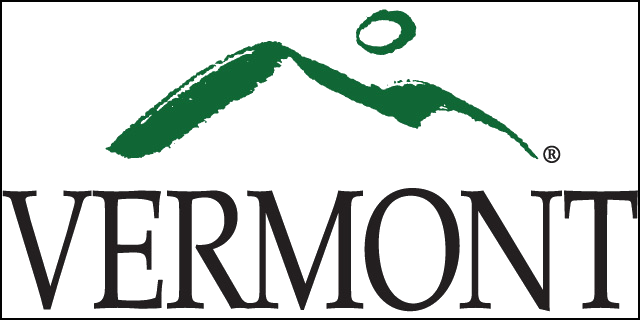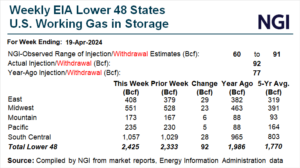Infrastructure | NGI All News Access
Green Mountain’s Home Battery Program Offering Options in Natural Gas-Poor Vermont

Customers of Colchester, VT-based Green Mountain Power (GMP) now have the opportunity to enroll in the electric utility’s Tesla Powerwall or Bring Your Own Device (BYOD) home battery storage programs.
GMP serves 265,000 residential and business end-users. After receiving approval from the Vermont Public Utilities Commission, GMP became the first utility in the country to get tariff approval for this type of battery program.
“Team Vermont is again leading the way in home energy storage, and we’re so glad to be able to help grow this green economy by working together with our customers and partners in energy innovation in Vermont,” said GMP President Mari McClure. “This work to drive down costs for all customers and increase resiliency and safety is always important but is highlighted even more now during this extraordinary time.”
GMP is releasing the battery storage option after their pilot programs proved to save money for all customers by reducing peak energy demand when customers use their stored energy. The Powerwall, which GMP began installing in customers’ homes in 2016, can either store energy from the grid, or it can be combined with a customer’s solar panel for additional savings.
The U.S. Energy Information Administration (EIA) reported that as of 2019, Vermont’s in-state electricity generation already comes almost entirely from renewables, about three-fifths of which is hydroelectric power. Nonetheless, Vermont relies primarily on electricity imports from independent producers. At the end of 2014, the permanent shutdown of the Vermont Yankee Nuclear Power Station meant the state lost roughly half of its total electricity generating capacity.
Furthermore, Vermont has no natural gas reserves, and instead, the state’s only natural gas utility receives its supply from a small-capacity pipeline that imports natural gas from Canada. Vermont is the second-smallest consumer of natural gas, second only to Hawaii.
The stored energy from either Tesla’s Powerwall or GMP’s BYOD can be used in the event of a power outage. According to GMP, the Powerwall supplies a customer’s home with eight to 12 hours of whole-house backup energy. Otherwise, the BYOD battery program’s backup times vary by battery.
The BYOD tariff, which was developed in a partnership with several solar companies and Renewable Energy Vermont, provides up to $10,500 in upfront incentives to customers purchasing their batteries from local installers. A minimum of 500 customers can enroll each year, which amounts to five megawatts of stored energy annually. There are several battery brands to choose from, and depending on the amount of stored power they enroll in, customers save more or less upfront.
Those who enroll in the BYOD program agree to provide access to their stored energy during peak demand times, thus lowering costs for all GMP customers.
The Powerwall tariff, however, allows a maximum of 500 customers to enroll in this program each year. This program costs $55/month for two Powerwall batteries over a 10-year lease, which covers standard installation. Customers can otherwise choose to pay $5,500 upfront. Customers also have the option of five more years with no additional cost.
As with the BYOD program, Powerwall customers also agree to share their stored energy with GMP during peak energy times, which GMP projects saves millions for all GMP customers.
“Seamless, automatic and gas-free backup with battery storage charged by local renewables is the best way to weather storms and keep the lights on in your home or business,” said Renewable Energy Vermont Executive Director Olivia Campbell Anderson. “Vermonters can work with any of the more than three dozen local installers and choose what battery works best for them.”
The enrollment process for the home battery programs began on June 5, and tariffs for both programs will be in place for the next two years. Customers can enroll in the BYOD program and choose from 33 different battery storage services.
© 2024 Natural Gas Intelligence. All rights reserved.
ISSN © 1532-1231 | ISSN © 2577-9877 |


